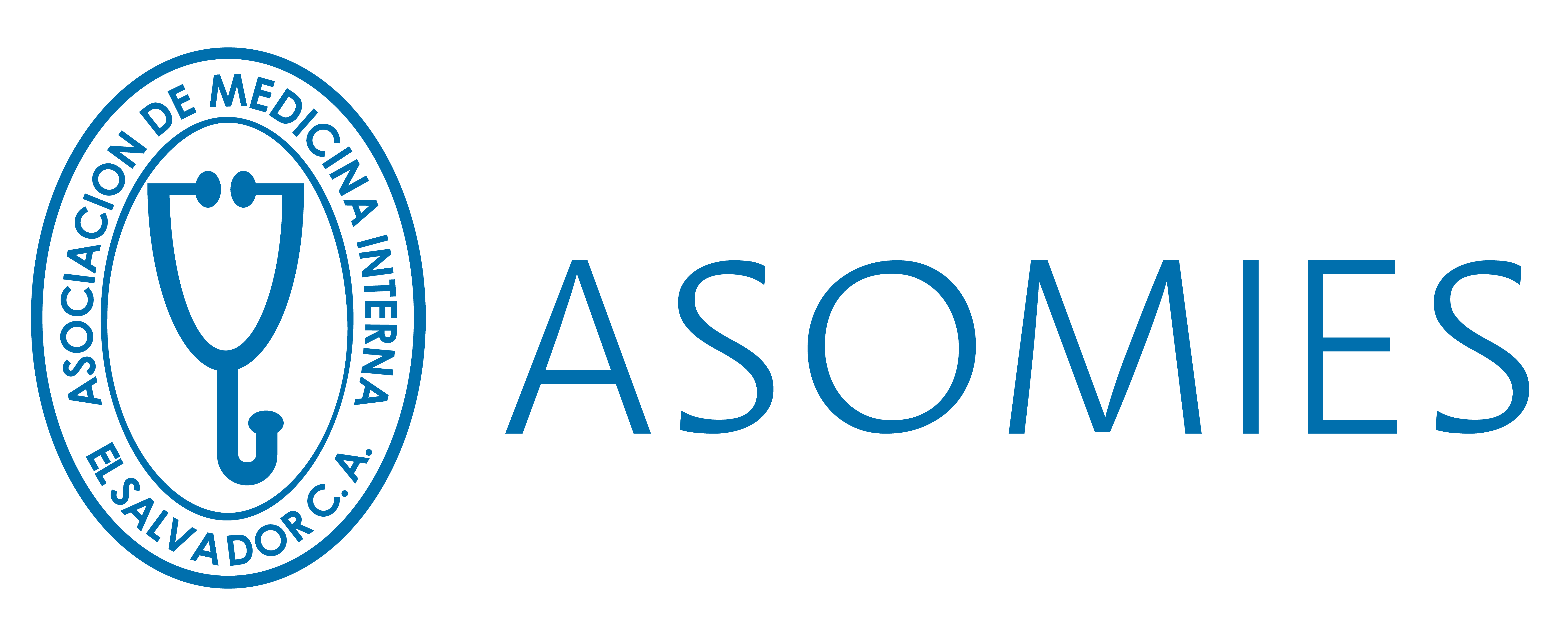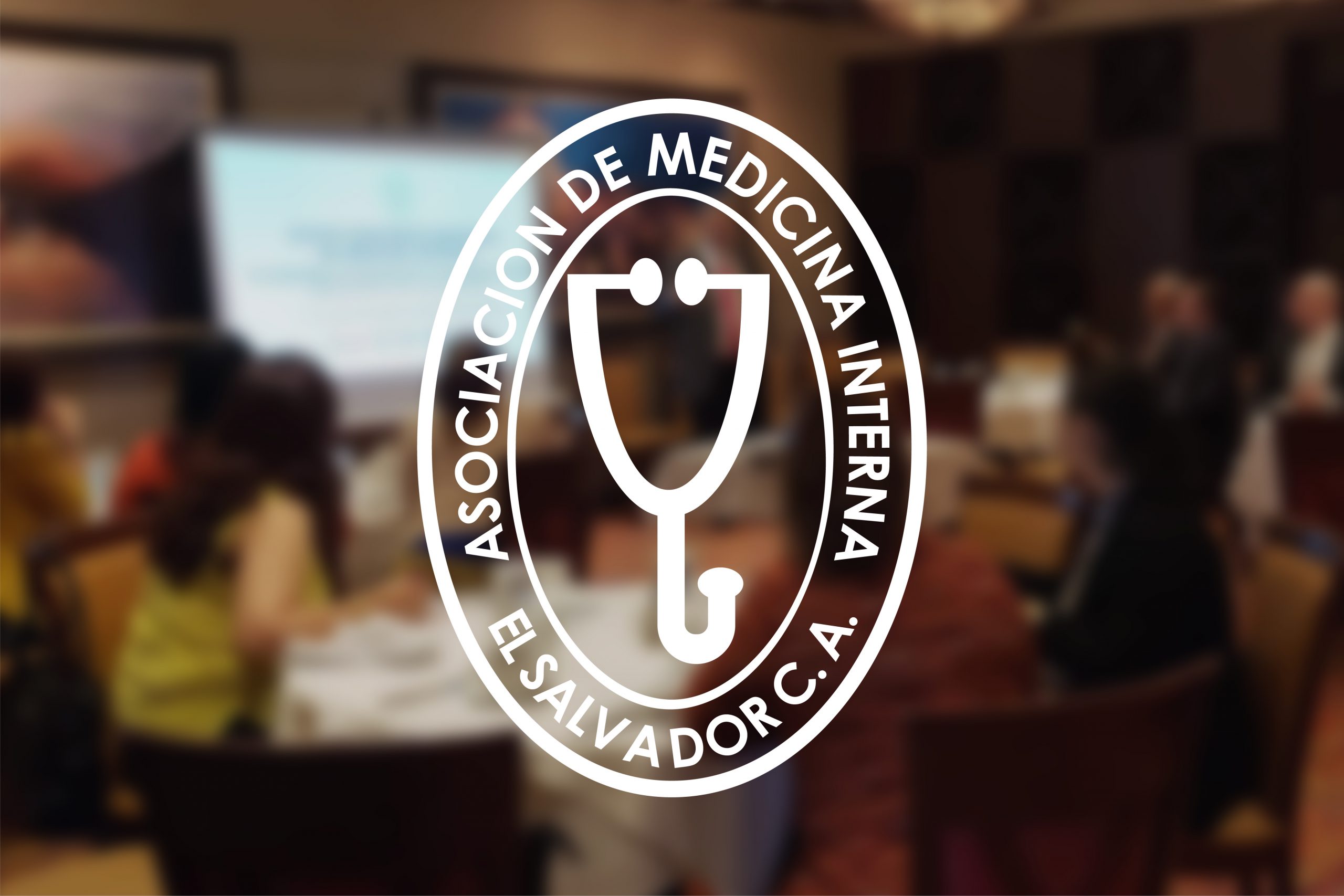Chlorhexidine Gluconate: Drug Safety Communication – Rare But Serious Allergic Reactions
[Posted 02/02/2017]
AUDIENCE: Nursing, Surgery, Dentistry, Patient
ISSUE: FDA is warning that rare but serious allergic reactions have been reported with the widely used skin antiseptic products containing chlorhexidine gluconate. Although rare, the number of reports of serious allergic reactions to these products has increased over the last several years. See the FDA Drug Safety Communicationfor a data summary.
As a result, FDA is requesting the manufacturers of over-the-counter (OTC) antiseptic products containing chlorhexidine gluconate to add a warning about this risk to the Drug Facts labels.
BACKGROUND: Chlorhexidine gluconate is mainly available in OTC products to clean and prepare the skin before surgery and before injections in order to help reduce bacteria that potentially can cause skin infections. These products are available as solutions, washes, sponges, and swabs and under many different brand names and as generics. Chlorhexidine gluconate is also available as a prescription mouthwash to treat gingivitis and as a prescription oral chip to treat periodontal disease.
Prescription chlorhexidine gluconate mouthwashes and oral chips used for gum disease already contain a warning about the possibility of serious allergic reactions in their labels.
In 1998, FDA issued a Public Health Notice to warn health care professionals about the risk of serious allergic reactions with medical devices such as dressings and intravenous lines that contain chlorhexidine gluconate.
RECOMMENDATION: Health care professionals should always ask patients if they have ever had an allergic reaction to any antiseptic before recommending or prescribing a chlorhexidine gluconate product. Advise patients to seek immediate medical attention if they experience any symptoms of an allergic reaction when using the products. Consider using alternative antiseptics such as povidone-iodine, alcohols, benzalkonium chloride, benzethonium chloride, or parachlorometaxylenol (PCMX) when any previous allergy to chlorhexidine gluconate is documented or suspected.
Patients and consumers should stop using the product that contains chlorhexidine gluconate and seek medical attention immediately or call 911 if they experience symptoms of a serious allergic reaction. These reactions can occur within minutes of exposure. Symptoms include wheezing or difficulty breathing; swelling of the face; hives that can quickly progress to more serious symptoms; severe rash; or shock, which is a life-threatening condition that occurs when the body is not getting enough blood flow.
Healthcare professionals and patients are encouraged to report adverse events or side effects related to the use of these products to the FDA’s MedWatch Safety Information and Adverse Event Reporting Program:


